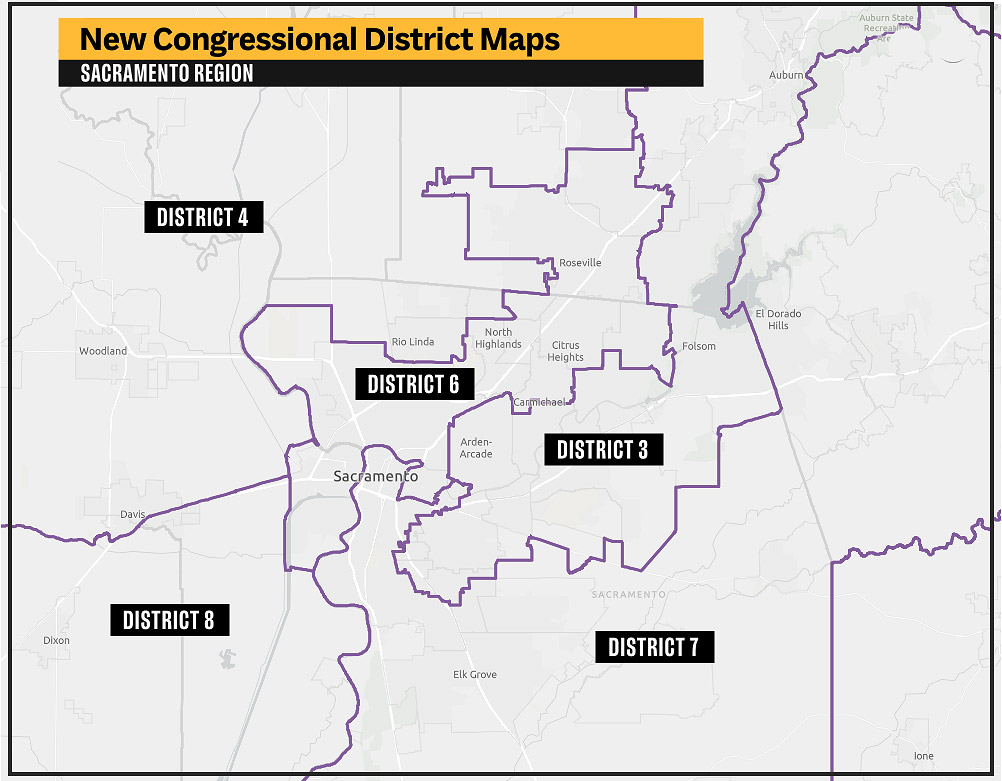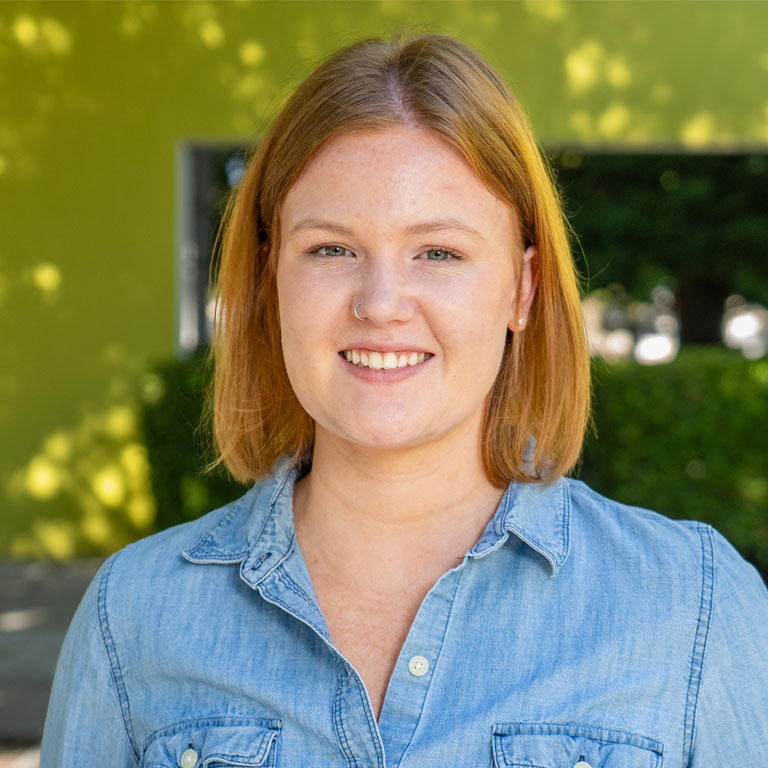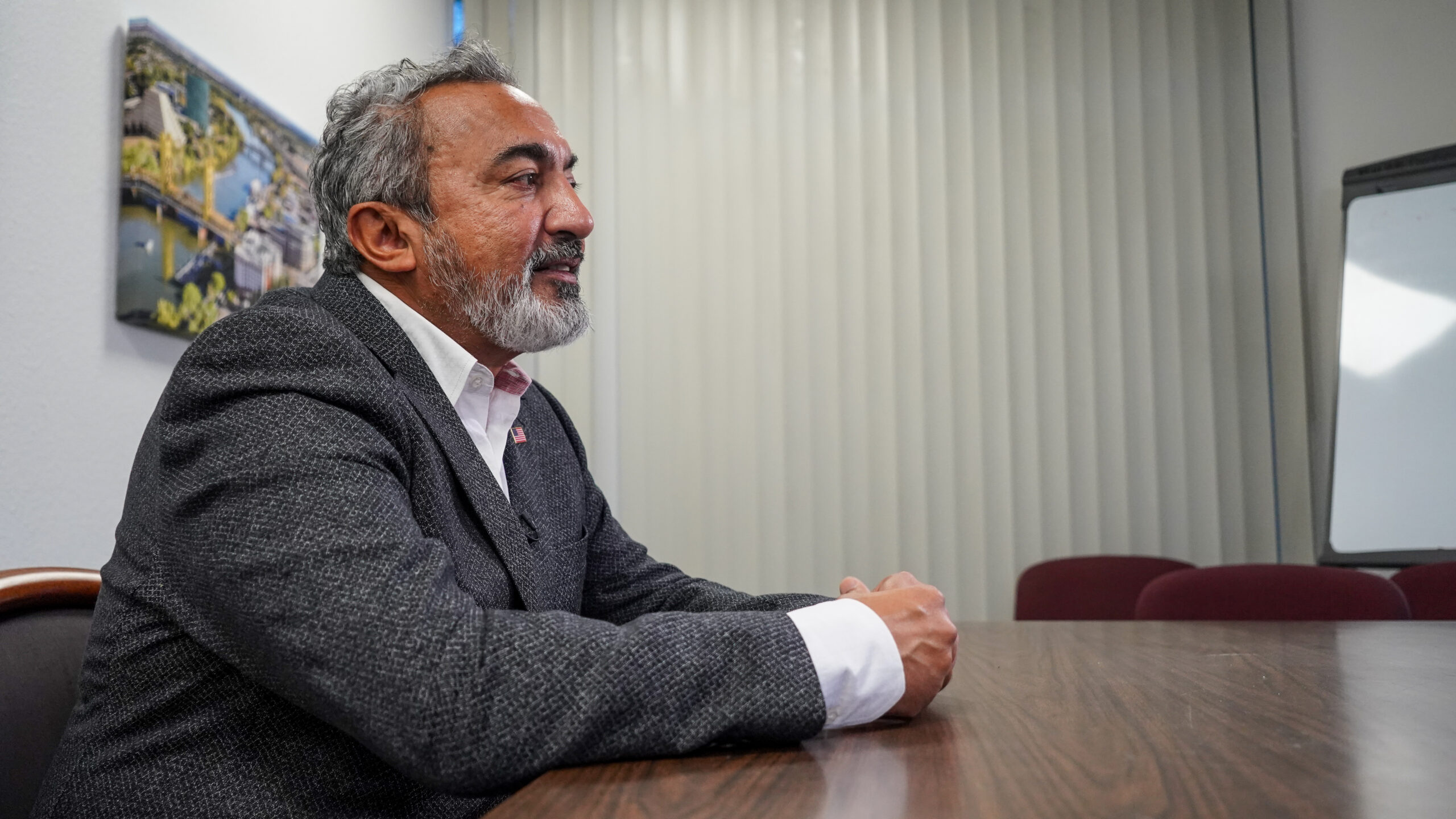The Abridged version:
- The passage of California’s redistricting measure will shake up representation in the Sacramento area, and potentially result in a predominantly Democratic delegation.
- Rocklin’s Republican Congressman Kevin Kiley says he plans to run again but doesn’t know yet for which district. Elk Grove Democratic U.S. Rep. Ami Bera announced Tuesday he will run for a different seat in 2026.
- Leaders and political experts say the changes could disenfranchise right-leaning voters and leave the region with less influence in Congress, if Democrats do not take back the House.
The passage of Proposition 50, a ballot measure to change congressional districts across California, stands to make the Sacramento region bluer.
Gov. Gavin Newsom and other state Democrats launched the controversial mid-decade redistricting in response to Texas’ own contentious redraw, which gives Republican candidates there a gerrymandered leg up.
Under California’s newly etched boundaries, Democrats statewide could pick up as many as five seats, effectively neutralizing results in the Lone Star State.

‘How do you choose?’
Rocklin’s Rep. Kevin Kiley is among the handful of Golden State Republicans now at risk of losing reelection next year. Kiley confirmed in a news conference Wednesday morning he will be back on the ballot in 2026.
But for which district remains unclear.
“I have not in any way, shape or form decided or really even thought about where exactly I will land next year,” Kiley said.
Adding that he is in no rush to make the decision, Kiley said he will for sure run in one of the six splinters of his current district.
“That’s why it’s so hard because it’s like I can’t continue to represent all of my constituents,” he said. “So how do you choose?”
Kiley was first elected in 2022 to represent a stretch from Plumas National Forest south to Death Valley. The recently approved maps portion his current constituency into six different districts, five of which offer Democrats the advantage.
Incumbent Sacramento Democrat shifts focus
The changed map is also causing a shake up among Democrats, as incumbents and eager candidates alike launch bids for newly configured districts.
Sacramento’s Democratic congressman of 12 years Ami Bera announced Tuesday, soon after election results were finalized, he would shift from his seat in the urban Congressional District 6 to run in Kiley’s fractionalized Congressional District 3.
Bera told Abridged the move allows him to continue focusing on the suburban portions of his current constituency, while taking on new concerns such as water issues in the Tahoe area.
“I really do look forward to getting up there and getting to know the folks up there and learning about those issues,” Bera said in an interview Wednesday.
As for a potential contest with Kiley, Bera said he made his decision independent of who he might face.
Fellow Democrat Richard Pan had initially pledged to run in the 3rd district — regardless of whether Proposition 50 passed. But Pan adjusted course late Tuesday, announcing plans instead to run in Bera’s reshaped 6th district.
Republicans are challenging the outcome in a lawsuit that alleges the new districts were drawn using race as a factor and are therefore unconstitutional. The outcome of the pending litigation is unclear but could complicate the already ongoing candidate shuffle.
Already hard to be a Republican in California
Bera said California’s redistricting measure was part of a larger fight against President Donald Trump. He and other Democrats hope the change will boost the party’s chances of winning back a majority in the House of Representatives.
But if that effort is unsuccessful, Democrats in Congress — including those representing the Sacramento region — would be stuck with little policy influence, said Kimberly Nalder, a political science professor at Sacramento State University.
“If the Democrats don’t regain control of the House, then that would mean virtually no one from this region would have power in Congress. So that’s certainly a concern,” Nalder said.
“It’s already pretty difficult to be a Republican in California,” she added, pointing to the state Legislature’s super majority. “Now, it’ll even be worse.”
State Sen. Roger Niello is among the small cohort of Republicans currently navigating that Democratic stronghold at the state Capitol. The redistricting measure, he said, leaves right-leaning voters in the state disenfranchised.
“There are clearly philosophic differences between Congressman Bera and Congressman Kiley,” Niello told Abridged. “A lot of the businesses in the area that Kiley currently represents are owned by conservative leaning people, and they would probably prefer a Kevin Kiley to an Ami Bera.”
Savannah Kuchar is a reporter covering education. She came to Sacramento to be a part of the Abridged team and contribute to a crucial local news source.

